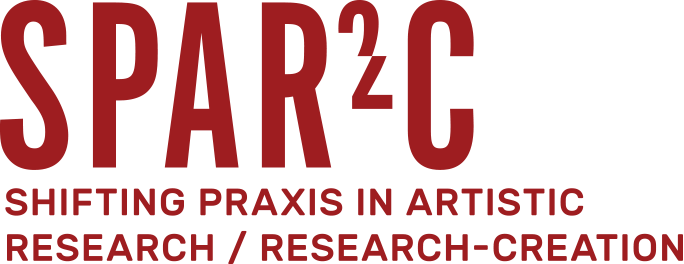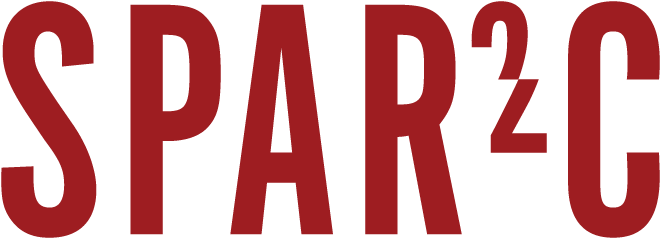Upcoming lectures with Natalie Loveless
Thursday, February 11th, 2021. 7pm CST / 6pm MST
Click here to register.
How to Make Art at the End of the World: Revisited
As an intervention into normative scholarly practice, research-creation has gained increasing visibility and validity over the past decade within the academy. Often mobilizing interdisciplinary and collaborative methods, with one foot - always - firmly grounded in artistic literacies, research-creation asks us to attend, with detail, to the methods we mobilize as well as our modes of output and publication at the level of constitutive form. This talk will return to some of the key provocations laid out in Loveless' 2019 book How to Make Art at the End of the World: A Manifesto for Research-Creation, and consider what has shifted in the tumultuous years since its publication.
As part of the Critical Conversations series presented by the University Art Galleries and Collections at the University of Saskatchewan
February 27, 2021. 12-2pm EST / 10am-12pm MST
Click here to register.
From Relational to Ecological Form
Why does form matter? Why, given the urgency of the contemporary moment, attend to artistic form at all? This talk will track debates on artistic form in the long 20th century in order to propose a distinction between art on ecology and art that is formed ecologically. Giving theoretical and art historical background for this distinction, Loveless argues for ecological ethics that take the question of aesthetic form seriously in the context of art on -- and in -- the Anthropocene.
As part of the IDSVA ON THE ANTHROPOCENE: Either/Or lecture series.



